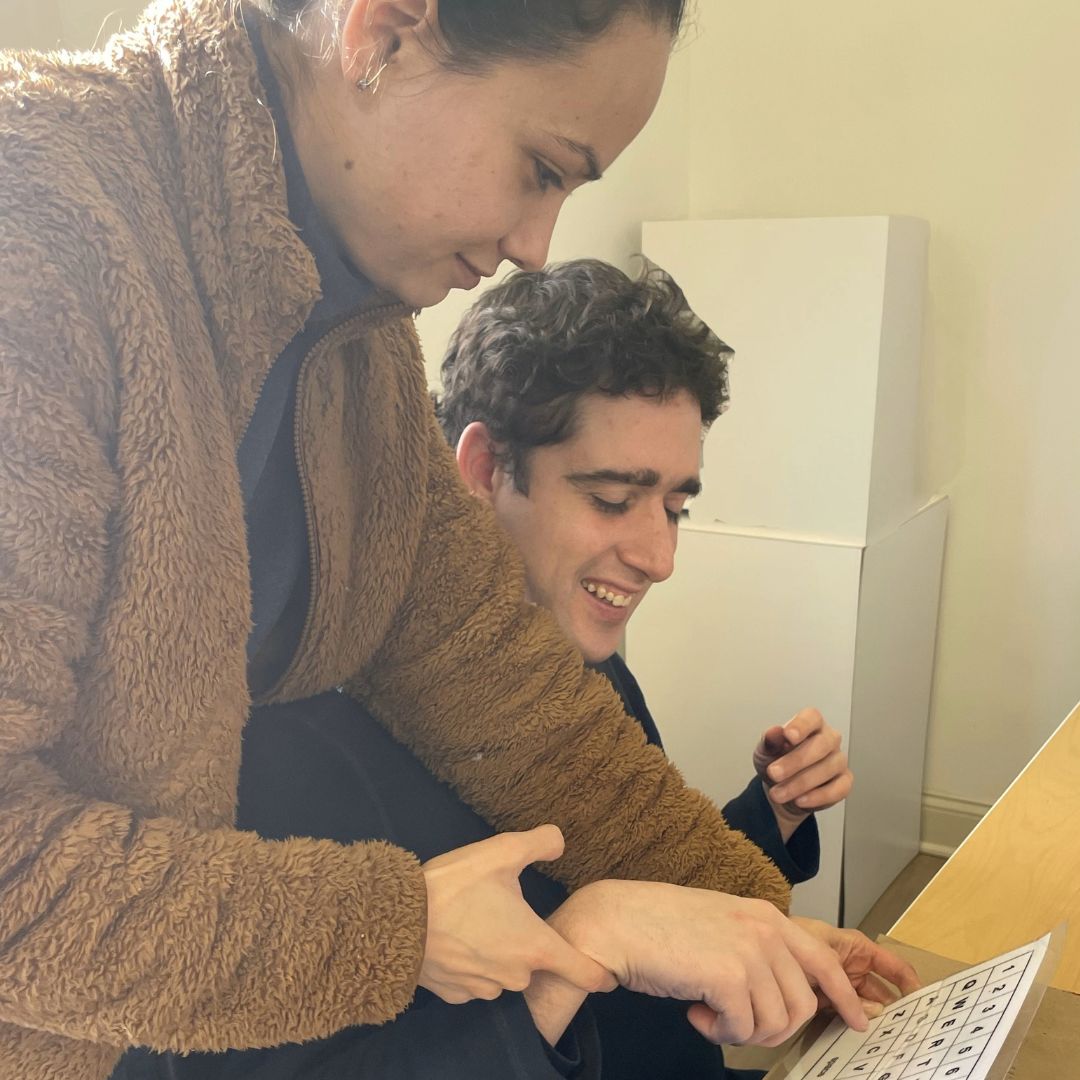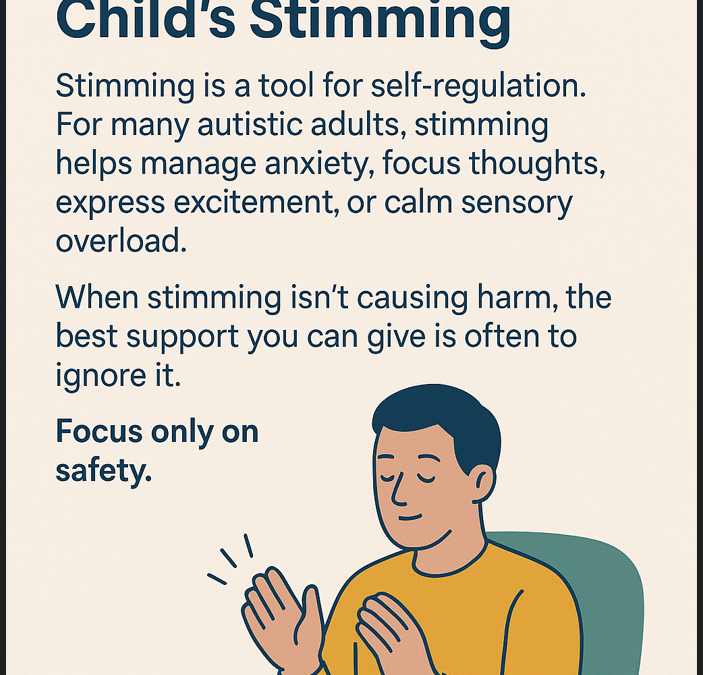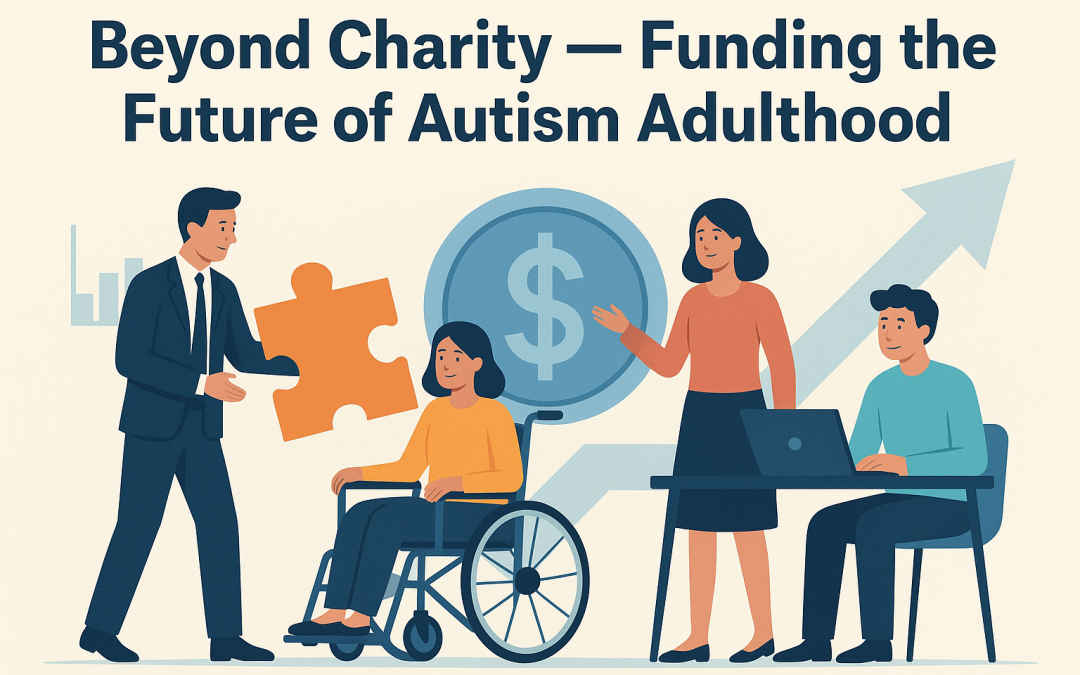For adults with autism, especially those who are non-speaking, communication is the foundation of everything. It’s how we share needs, ideas, humor, and dreams. Yet too often, society assumes that if someone doesn’t use spoken words, they have little to say, or worse, that they are “stupid”. Nothing could be further from the truth.
Many non-speaking adults understand language perfectly well, but struggle to express themselves verbally due to neurological wiring differences. This gap between comprehension and expression can lead to frustration, isolation, and being underestimated…even by those who love them most. The key to unlocking their potential is expressive communication: giving every person a reliable way to share their thoughts.
That might be through AAC/FC (augmentative & alternative communication and facilitated communication) such as assisted typing/tablets, letter and symbol boards, sign language, or speech-generating devices. It can also mean developing personalized systems that build on individual strengths, whether visual, tactile, or digital. What matters most is presuming competence…assuming the person can think, learn, and communicate, and providing the right support to help them do so.
Once a person can express themselves, everything changes. They can make choices, advocate for their needs, participate in relationships, and engage in learning, work, and community life. Expression brings dignity, confidence, and connection, the building blocks of a full, meaningful life.
Teaching expressive communication as the first and most essential step toward independence, friendship, and employment. Because every adult, speaking or not, deserves to be heard, understood, and valued.
When we give voice to the voiceless, we open the door to their future.




